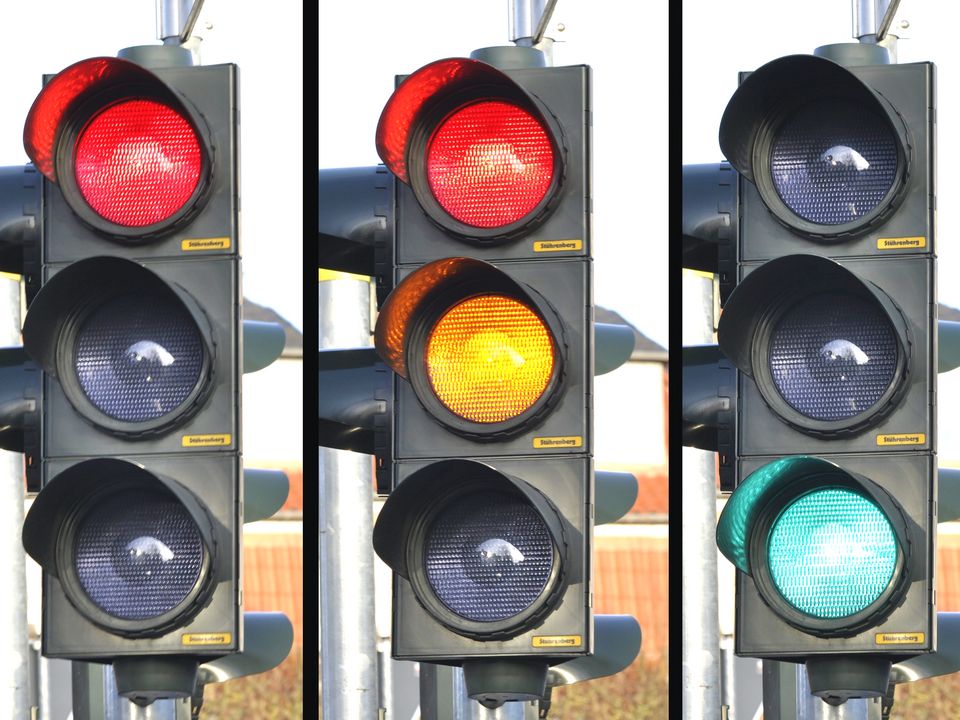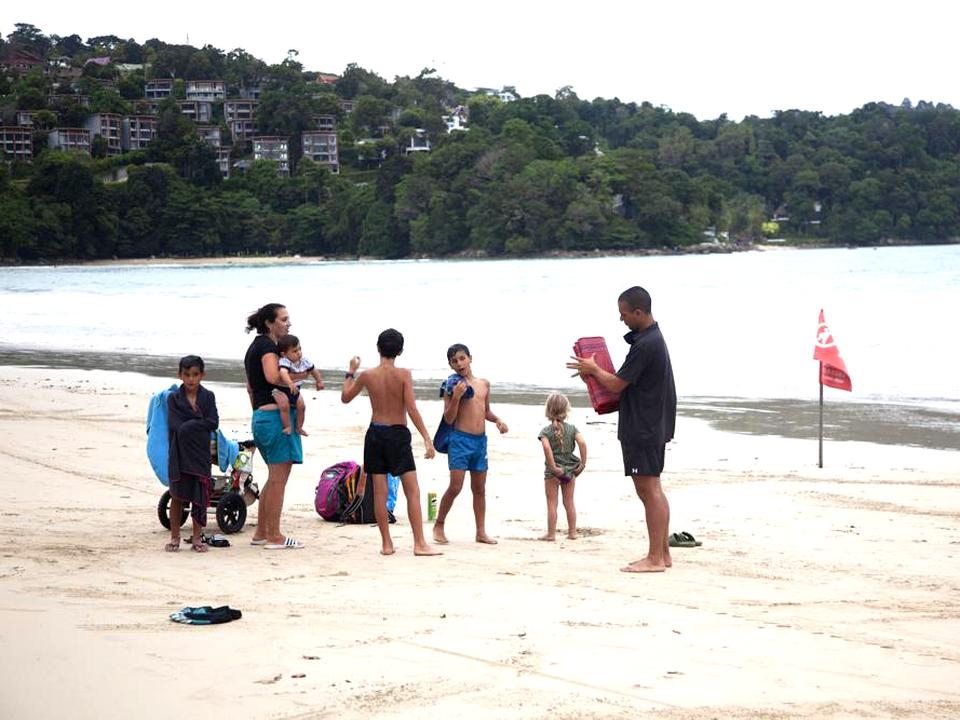
From July 19, UK tourists will be able to visit orange-graded or medium-risk countries, such as Thailand, without being subjected to any form of quarantine on return. This is the latest announcement from transport secretary Grant Schapps who said that Covid-19 tests, pre and post departure from the holiday destination, would be the only criteria.
However, the panacea still has hidden qualifications. Britain can change the colour of any country without notice. The worry is that Thailand, which most recently had over 7,000 new daily infections and 75 deaths, might soon be put in the red category (high risk) alongside the Philippines. If that were to happen, returning Brits would be required to spend 10 nights in a supervised quarantine hotel in UK at a personal cost to them of 1,750 pounds.

Thailand, by contrast, currently requires all foreign arrivals – with the exception of the Phuket sandbox experiment – to quarantine in supervised hotel quarantine for 15 nights on arrival whether they are vaccinated or not. They are not usually allowed to leave their rooms except for medical testing. Provided they are still free from infection after the due period, they can then traverse the country or go home.
The unique Phuket sandbox allows fully-vaccinated foreigners from low and medium risk countries to visit without quarantine, but they must restrict their movements to that island for the first fortnight. After that time, and provided they test negative in new medical tests, they are free to roam nationwide. Most places of entertainment are shuttered under the state of emergency.
But Thailand’s Department of Disease Control (DDC) lists the UK and several other European countries (France, the Netherlands, Spain and Portugal) as red or high risk. In theory, red-labeled countries cannot apply to enter the sandbox, but in practice Thai embassies are still issuing certificates of entry to fully-vaccinated travellers from these destinations. This is possible as the DDC is technically advisory to the Ministry of Foreign Affairs. The next DDC traffic lights update is due on July 16.
The international traffic lights categorization is thus very confusing in its detail. There are no agreed definitions worldwide and each country conducts its statistical pandemic research, if any, in its own way. Britain is a country with a high vaccination rollout and Prime Minister Boris Johnson is evidently expecting herd immunity to limit the health impact and seriousness of new infections and reinfections. He has already said that Brits must live with the disease “like flu.”
Thailand is in a very different boat. It is a country with a very weak vaccination rollout because of the absence of adequate vaccine supplies. Therefore, it turns to lockdowns and restrictions as the only way to try and beat the virus as the vast majority of the population – and almost all expats and economic migrants from neighboring countries – are still jabless. In this grim scenario, the traffic lights classifications generate heat rather than light.
 |
 |
 |





